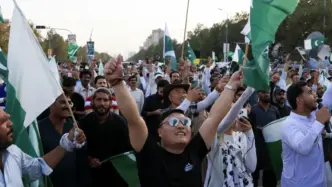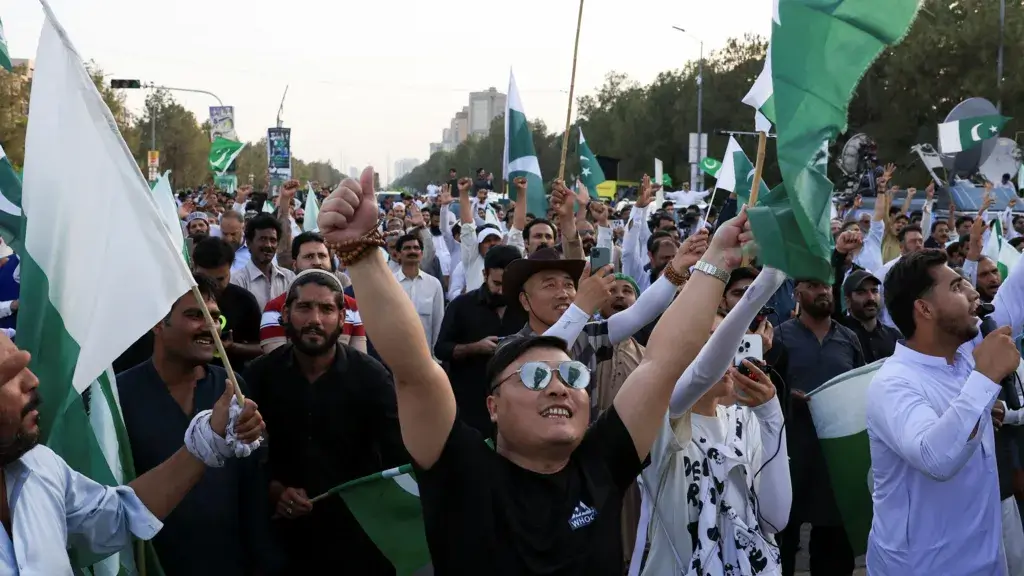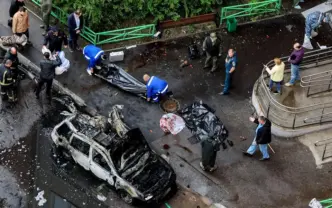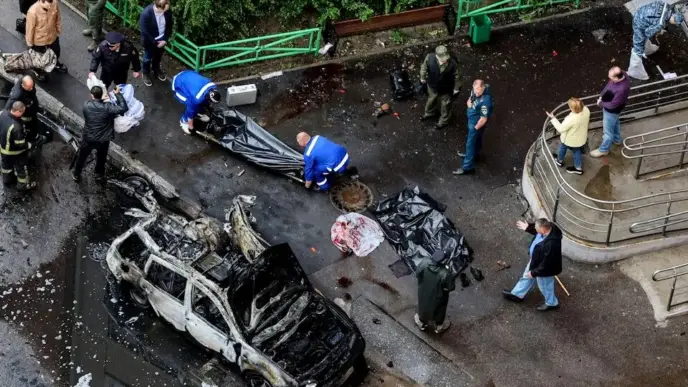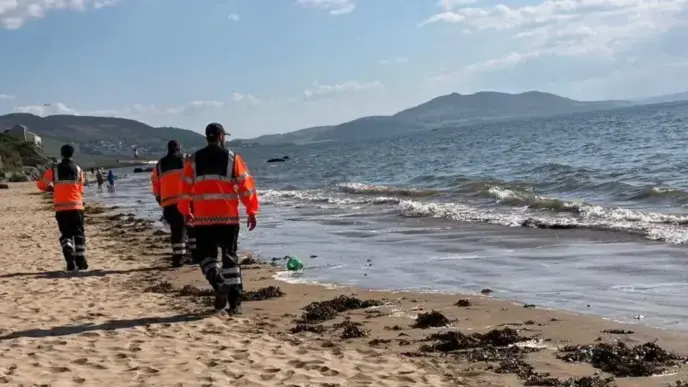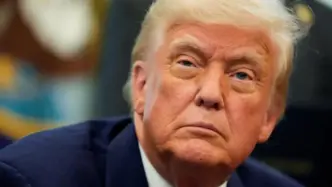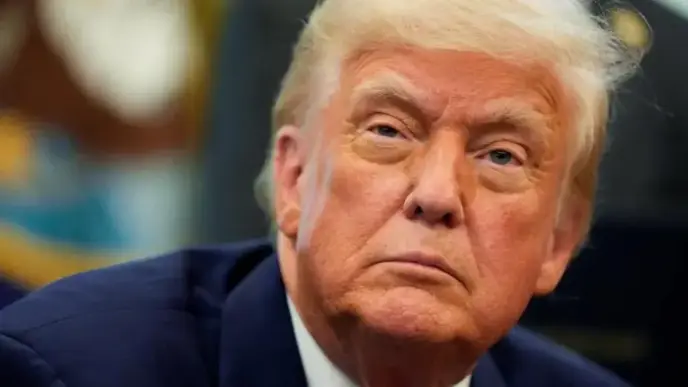India and Pakistan stood on the edge of a serious military conflict. After four days of deadly airstrikes and border clashes, both countries agreed to a sudden ceasefire. The announcement came from US President Donald Trump via social media.
The Role of US and Global Diplomacy
While the ceasefire appeared sudden, intense diplomacy was happening quietly behind closed doors. American officials worked through private channels. Support also came from the UK, Saudi Arabia, and other allies.
The United States played a critical part in slowing the conflict. Experts say without that involvement, the situation could have escalated to war.
Ceasefire but No Trust
Even after the ceasefire was announced, the tension didn’t disappear. India accused Pakistan of breaking the deal. Pakistan responded by saying its military was acting with “restraint and responsibility.” The trust between the two sides remains thin.
How the Crisis Began
The conflict started after a militant attack killed 26 people in Indian-controlled Kashmir. India responded by bombing targets in Pakistan’s territory. Pakistan struck back. What followed were days of military action and public threats.
Missiles, fighter jets, and artillery were all used. Both nations claimed victory and blamed each other for escalation.
Behind-the-Scenes Diplomacy
Tanvi Madan of the Brookings Institution said a phone call from US Secretary of State Marco Rubio to Pakistan’s army chief on May 9 may have been the turning point. She also noted that several countries were working in the background to calm tensions.
Pakistan’s Foreign Minister, Ishaq Dar, confirmed that over 30 nations were involved in diplomatic outreach. Key players included the US, Turkey, and Saudi Arabia.
Some analysts questioned whether earlier US involvement could have stopped the crisis sooner.
Lessons from the Past
This is not the first time Washington stepped in. During the 2019 Pulwama-Balakot standoff, former US Secretary of State Mike Pompeo claimed he helped prevent a nuclear conflict. Some Indian officials said his role was exaggerated, but most agreed US input mattered.
Initial US Reluctance
In the early stages of this conflict, the US kept a distance. Vice President JD Vance said the dispute was not America’s to solve. He emphasized that the US could not force either side to back down.
Still, the US quietly maintained diplomatic contact. President Trump stated that he had good relationships with both leaders and hoped they would find a peaceful path.
A Shift in US Response
Defense analyst Ejaz Haider highlighted a major difference this time. Unlike past interventions, the US initially watched from the sidelines. Only after violence escalated did Washington fully engage.
At the same time, Pakistan sent mixed signals. While launching counterattacks, it also called for a meeting of its nuclear command authority. That sent a clear warning to the world.
US Leverage and Strategic Interests
The US has strong ties with India and significant interests in the region. Washington’s growing partnership with New Delhi, along with Trump’s rapport with Prime Minister Modi, gave the US added influence.
Indian officials later pointed to three tracks of peace efforts:
- US and UK diplomatic pressure
- Saudi Arabia’s involvement
- Direct talks between India and Pakistan’s national security advisors
Ceasefire Questions Remain
Despite the temporary calm, concerns remain. Some Indian news outlets suggest the ceasefire deal came through military channels—not diplomatic ones. This casts doubt on how long the peace will hold.
Michael Kugelman, a South Asia expert, called the agreement “fragile.” He warned that it lacked strong guarantees and could break down quickly.
Diplomatic Success—For Now
While the future is uncertain, most experts agree on one thing: without US mediation, this crisis could have spiraled into full war. Whether or not Washington takes full credit, its role was once again central to stopping another deadly conflict in South Asia.

